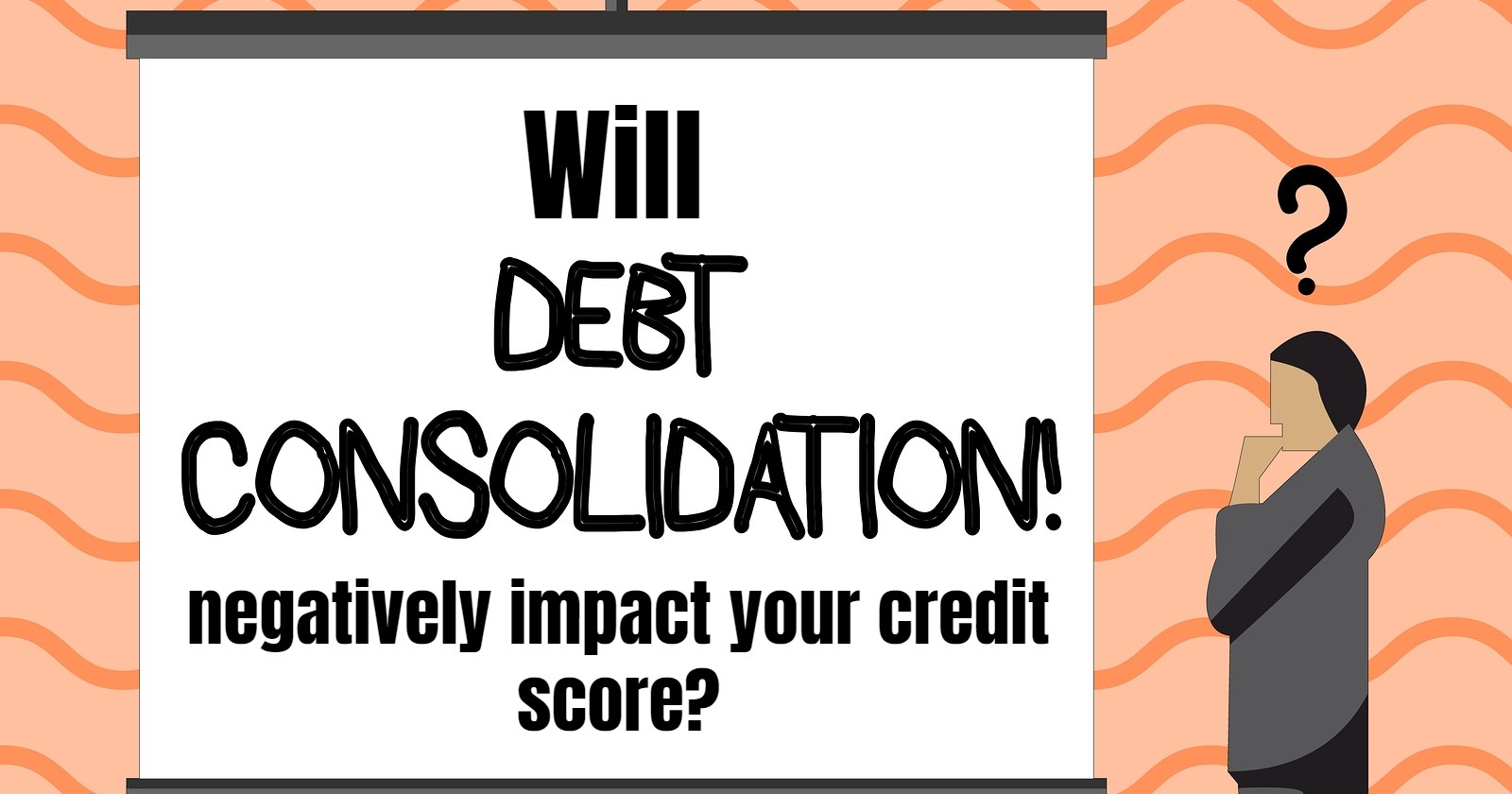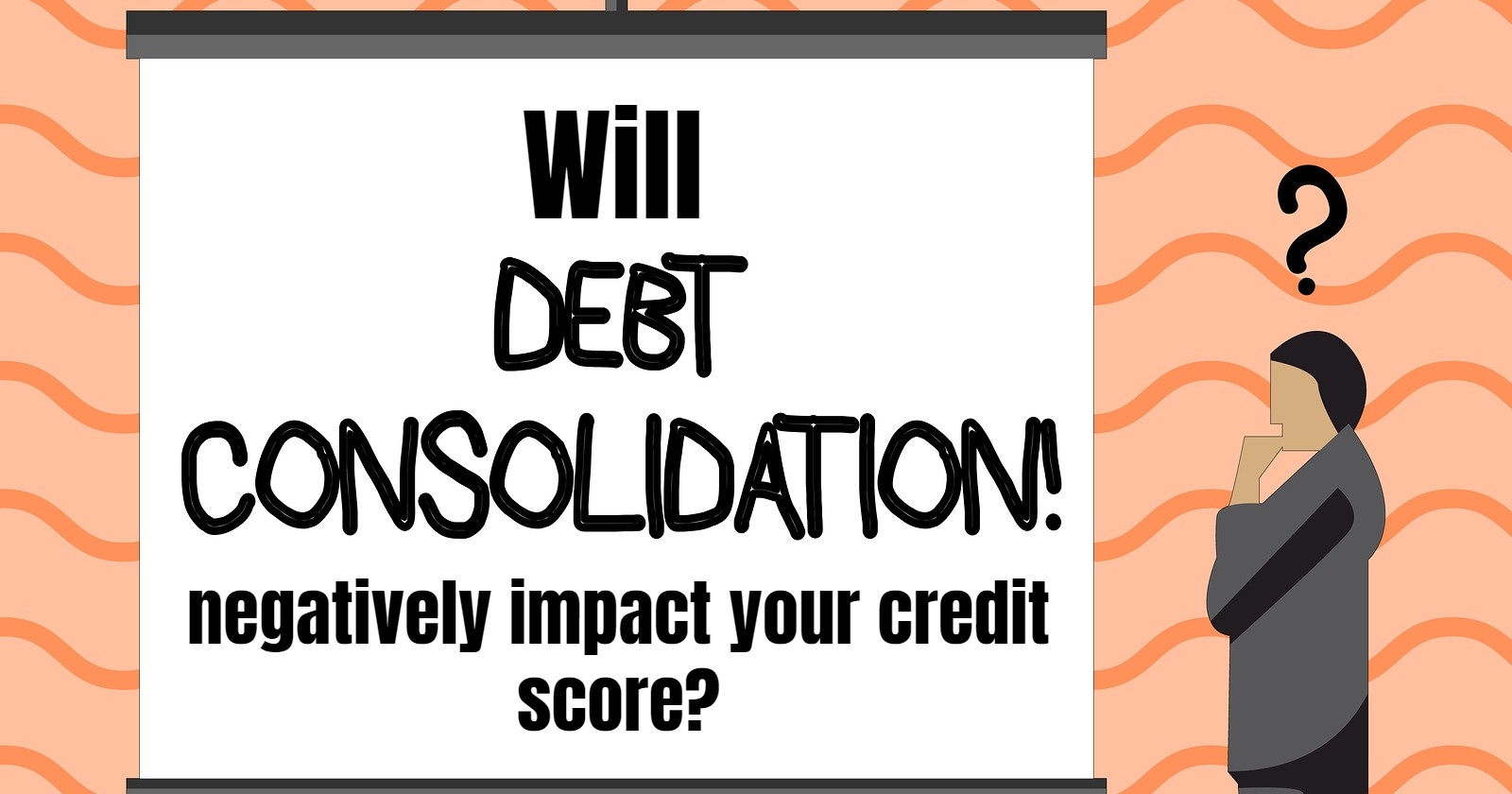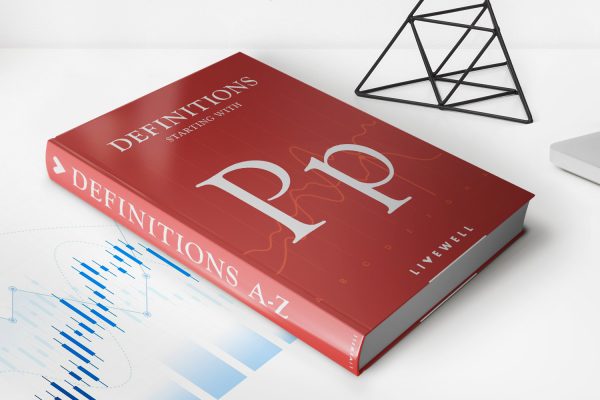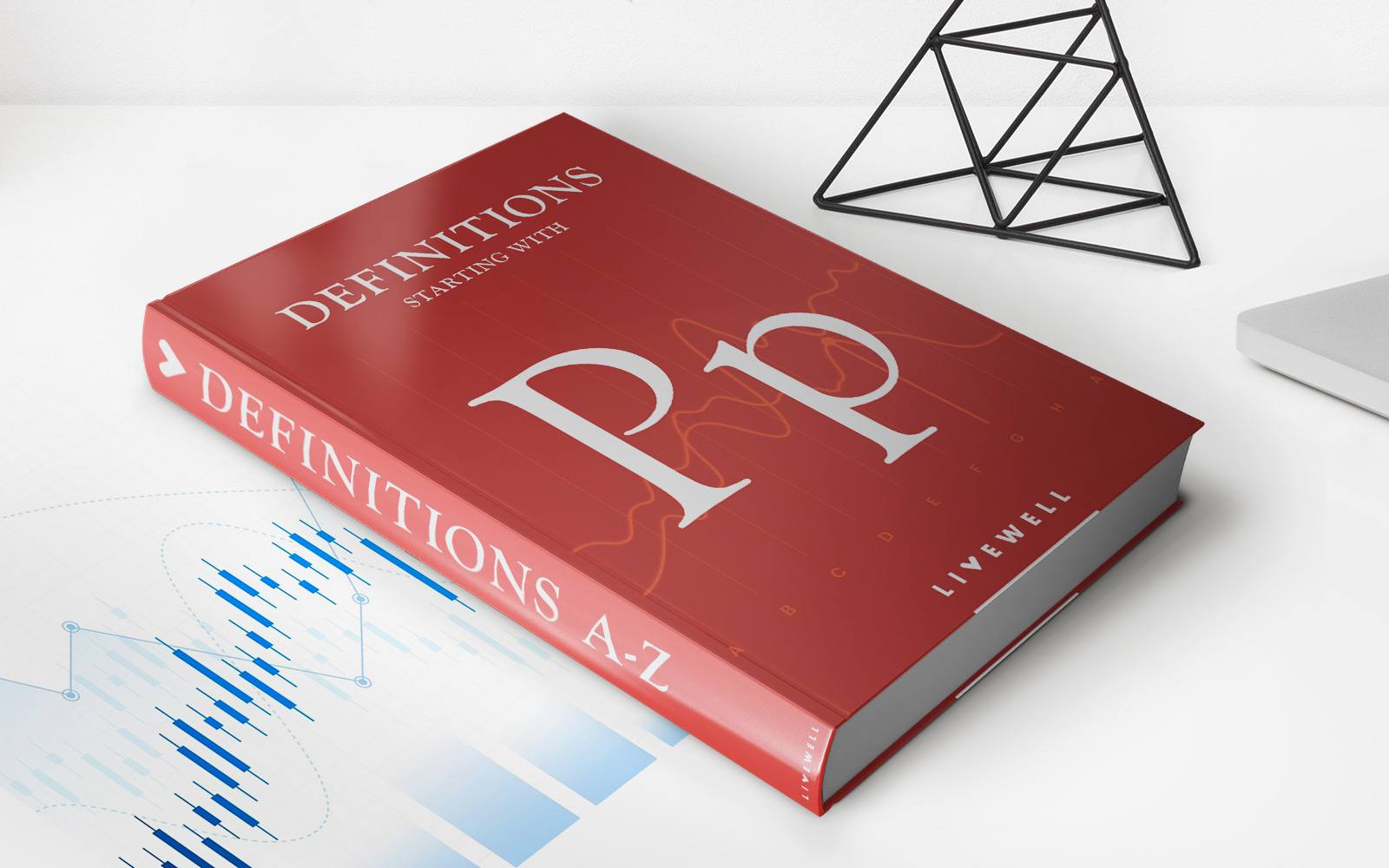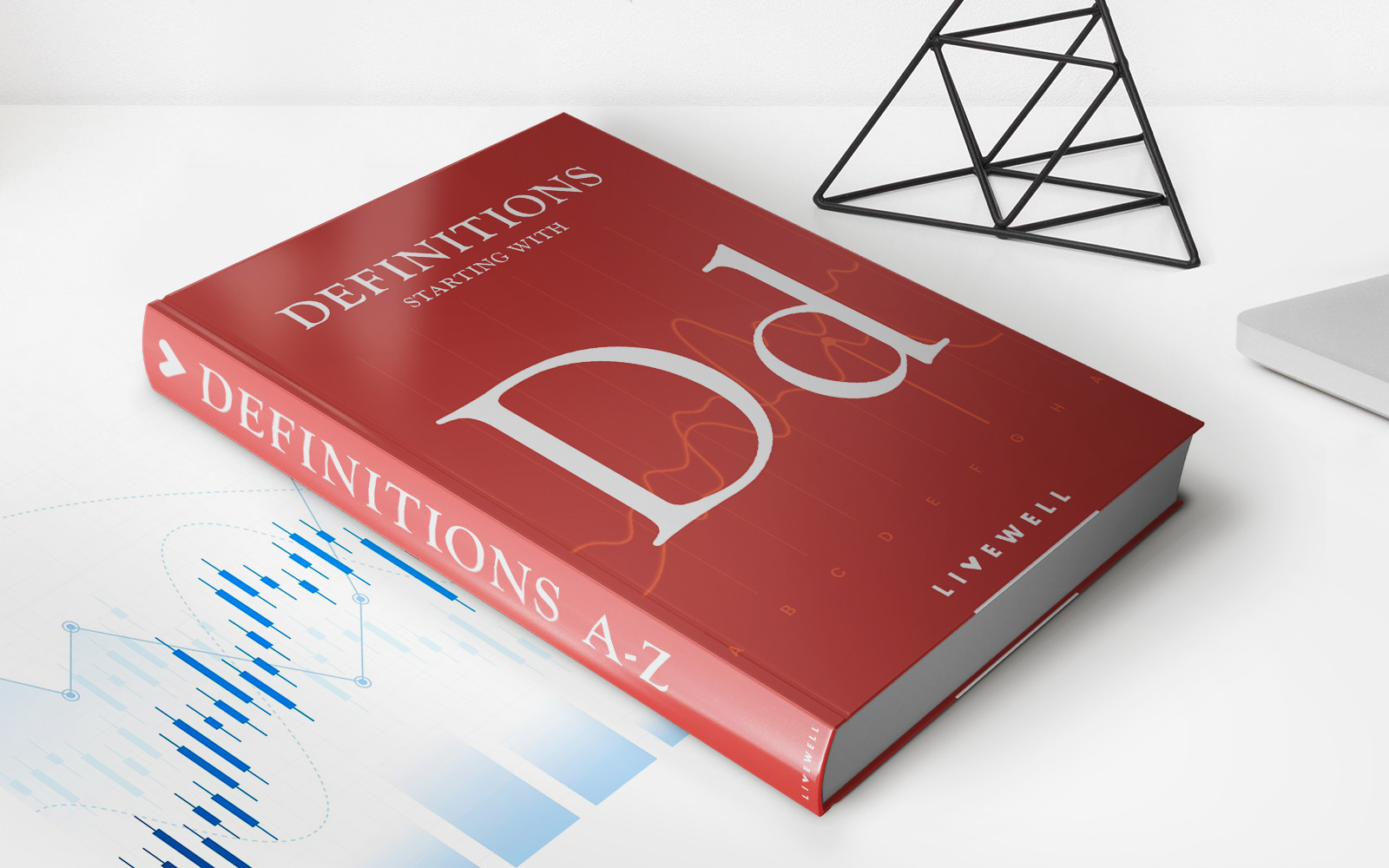Home>Finance>How Does Debt Consolidation Affect Your Credit Score


Finance
How Does Debt Consolidation Affect Your Credit Score
Modified: March 4, 2024
Wondering how debt consolidation impacts your credit score? Learn how this finance strategy can affect your creditworthiness and improve your financial situation.
(Many of the links in this article redirect to a specific reviewed product. Your purchase of these products through affiliate links helps to generate commission for LiveWell, at no extra cost. Learn more)
Table of Contents
- Introduction
- What is debt consolidation?
- How does debt consolidation work?
- The impact of debt consolidation on your credit score
- Factors that affect your credit score during debt consolidation
- Positive effects of debt consolidation on your credit score
- Negative effects of debt consolidation on your credit score
- Tips for minimizing the impact of debt consolidation on your credit score
- Conclusion
Introduction
In today’s world, many individuals find themselves burdened with multiple debts, such as credit card bills, student loans, and personal loans. Managing these debts can become overwhelming, leading to high interest rates and missed payments. This is where debt consolidation comes into play.
Debt consolidation is a financial strategy that combines multiple debts into a single loan. By consolidating your debts, you can simplify your monthly payments and potentially reduce your overall interest rate. However, one common concern that arises when considering debt consolidation is how it will impact your credit score.
Your credit score is a crucial factor that lenders consider when determining your eligibility for loans and credit. It reflects your creditworthiness and ability to manage debt responsibly. Therefore, it’s important to understand how debt consolidation can influence your credit score before making a decision.
In this article, we will delve into the world of debt consolidation and its effect on your credit score. We will analyze the factors that influence your credit score during the consolidation process, as well as the positive and negative effects it can have. Additionally, we will provide some tips on how to minimize the impact of debt consolidation on your credit score. So, let’s dive in and explore the fascinating world of debt consolidation!
What is debt consolidation?
Debt consolidation is a financial strategy that involves combining multiple debts into one single loan or payment. Instead of making multiple payments to different creditors, you consolidate all your debts into a single monthly payment, usually with a lower interest rate and extended repayment terms.
There are various methods of debt consolidation, such as taking out a personal loan, using a balance transfer credit card, or working with a debt consolidation company. Each method has its own advantages and considerations, so it’s important to carefully assess your financial situation and choose the method that best suits your needs.
The primary goal of debt consolidation is to simplify your financial management and potentially reduce your overall interest expenses. By consolidating your debts, you can streamline your payments and avoid missed or late payments, which can have a negative impact on your credit score.
In addition to simplifying your payments, debt consolidation can also lower your interest rates. If you have high-interest credit card debt, for example, you can consolidate it into a personal loan with a lower interest rate. This can help you save money in the long run and pay off your debts more efficiently.
It’s important to note that debt consolidation does not eliminate your debts. Instead, it restructures them in a way that makes them more manageable. You still have the responsibility to make your consolidated payments on time and in full to maintain a positive credit history.
Now that we have a clear understanding of what debt consolidation is, let’s explore how it works and how it can impact your credit score.
How does debt consolidation work?
Debt consolidation works by combining multiple debts into a single loan or payment. Here’s a step-by-step breakdown of how the process typically works:
- Evaluate your debts: Begin by gathering information about all your outstanding debts, including the balances, interest rates, and monthly payments. This will help you determine the total amount you need to consolidate.
- Assess your financial situation: Take a close look at your income, expenses, and budget to understand how much you can afford to pay towards your consolidated loan each month. This will help you determine the loan amount and repayment term that works for you.
- Choose a consolidation method: There are several methods of debt consolidation available, such as personal loans, home equity loans, balance transfer credit cards, and debt consolidation programs. Evaluate the pros and cons of each method and choose the one that suits your needs and financial goals.
- Apply for the consolidation loan: Once you’ve chosen a consolidation method, you’ll need to apply for the loan. Provide all the necessary documentation, such as proof of income and identification, to the lender or financial institution. The lender will review your application and credit history to determine your eligibility.
- Consolidate your debts: If your loan application is approved, you’ll receive the funds to pay off your existing debts. Use the loan amount to pay off each individual debt, effectively consolidating them into one.
- Make regular payments: With your debts consolidated, you’ll have a single monthly payment to make towards your consolidated loan. It’s crucial to make these payments consistently and on time to maintain a positive credit history and avoid any negative impact on your credit score.
It’s important to note that debt consolidation is not a one-size-fits-all solution, and it may not be suitable for everyone. It is crucial to thoroughly assess your financial situation, consider the terms and conditions of the consolidation method you choose, and understand the potential impact on your credit score before proceeding.
Next, let’s delve into the impact of debt consolidation on your credit score and the factors that can affect it.
The impact of debt consolidation on your credit score
Debt consolidation can have both positive and negative effects on your credit score. Understanding these impacts can help you make an informed decision about whether debt consolidation is the right choice for you. Let’s explore both the positive and negative effects in more detail:
Positive effects:
1. Simplifies your payment history: By consolidating multiple debts into one, you have fewer accounts to manage and make payments on. This can help you avoid missed or late payments that can negatively impact your credit score.
2. Reduces your credit utilization ratio: Credit utilization, or the amount of available credit you are using, is an important factor in your credit score. When you consolidate your debts, you may be able to pay off credit card balances, thus lowering your overall credit utilization ratio and potentially improving your credit score.
3. Cuts down on new inquiries: When you apply for a debt consolidation loan, a single hard inquiry may be made on your credit report. While this can have a temporary negative impact on your credit score, it is generally outweighed by the long-term benefits of debt consolidation.
Negative effects:
1. Temporary decrease in credit score: When you apply for a consolidation loan, it can result in a temporary decrease in your credit score due to the hard inquiry and opening a new credit account. However, this impact is generally minimal and short-lived if you continue to make timely payments on the consolidated loan.
2. Closure of credit card accounts: If you choose to close your credit card accounts after consolidating your credit card debts, it can negatively impact your credit score. This is because it reduces your overall available credit and shortens the average age of your credit history, both of which are factors in determining your credit score.
3. Potential for more debt: Debt consolidation only works if you commit to managing your finances responsibly. If you accumulate new debt on top of the consolidated loan, it can increase your overall debt burden and potentially harm your credit score if you struggle to make timely payments.
It’s important to note that debt consolidation itself does not directly improve or damage your credit score. It is your actions before, during, and after the consolidation process that have an impact. By making timely payments and managing your debts responsibly, you can minimize the negative effects and maximize the positive impact of debt consolidation on your credit score.
Next, let’s explore the factors that can affect your credit score during the debt consolidation process.
Factors that affect your credit score during debt consolidation
When going through the debt consolidation process, several factors can influence your credit score. Understanding these factors can help you navigate the process and make informed decisions. Let’s take a closer look at the key factors that can impact your credit score during debt consolidation:
1. Payment history:
Your payment history is the most significant factor affecting your credit score. Making consistent, on-time payments on your consolidated loan is crucial to maintaining a positive payment history. Late or missed payments can have a detrimental impact on your credit score, so it’s essential to prioritize and budget accordingly.
2. Credit utilization:
Credit utilization refers to the amount of available credit you are using. While debt consolidation itself can help lower your credit utilization ratio, it’s important to avoid accumulating new debt. Ideally, you should strive to keep your credit utilization below 30% to maintain a healthy credit score.
3. Credit inquiries:
When you apply for a consolidation loan, the lender will typically conduct a hard inquiry on your credit report. A single hard inquiry has a minimal impact on your credit score, but multiple inquiries within a short span of time can negatively affect your score. It’s important to limit the number of applications you submit and do your research to find the right consolidation option.
4. Account age:
The age of your credit accounts is an essential aspect of your credit score. When you consolidate debts, you may close some of your previous accounts or receive a new loan. This can impact the average age of your credit history. The longer your credit history, the better, so consider this aspect before closing any credit accounts.
5. Types of credit:
A diverse credit mix is seen as positive by credit scoring models. Debt consolidation usually involves combining different types of debts, such as credit card debt, personal loans, or student loans, into one. This can positively influence your credit score by demonstrating your ability to manage different types of credit responsibly.
Understanding these factors can help you navigate the consolidation process with greater awareness and control. By consistently making on-time payments, keeping your credit utilization low, and being mindful of credit inquiries and account age, you can minimize any negative impact on your credit score.
Next, let’s explore the potential positive effects that debt consolidation can have on your credit score.
Positive effects of debt consolidation on your credit score
While debt consolidation can initially have some minor negative impacts on your credit score, it also has several potential positive effects that can help improve your creditworthiness over time. Let’s explore some of the positive effects of debt consolidation on your credit score:
1. Simplifies payment history:
Managing multiple debts can be challenging, and missed or late payments can negatively impact your credit score. Debt consolidation simplifies your payment history by combining your debts into a single loan or payment. This makes it easier to stay organized and ensures that you can make timely payments, which contributes positively to your credit score.
2. Reduces credit utilization:
Credit utilization, or the amount of available credit you are using, is an essential factor in determining your credit score. When you consolidate your debts, you can pay off high-interest credit card balances or other loans, which can significantly reduce your credit utilization ratio. This lower utilization ratio can have a positive impact on your credit score.
3. Increases credit mix:
Having a diverse credit mix – a combination of credit cards, loans, and other lines of credit – is generally viewed positively by credit scoring models. Debt consolidation allows you to combine different types of debts into a single loan, thus increasing your overall credit mix. This diversification can have a positive influence on your credit score.
4. Boosts payment consistency:
Consolidating your debts into a single monthly payment can make it easier to manage your finances and maintain a consistent payment schedule. By making regular, on-time payments, you demonstrate responsible financial behavior. This positive payment consistency can improve your credit score over time.
5. Potential for debt payoff:
Debt consolidation provides an opportunity to restructure and manage your debts more effectively, potentially leading to faster debt payoff. As you make progress in paying off your consolidated loan, it can positively impact your credit score, showing lenders that you are actively working towards reducing your debts.
It’s important to note that the positive effects of debt consolidation on your credit score are dependent on your ability to effectively manage the consolidated loan. To maximize these positive effects, it’s crucial to make consistent, on-time payments, maintain a low credit utilization ratio, and avoid accumulating new debt.
Now that we’ve explored the positive impacts, let’s discuss the potential negative effects of debt consolidation on your credit score.
Negative effects of debt consolidation on your credit score
While debt consolidation can have several positive effects on your credit score, it’s important to be aware of the potential negative impacts as well. Understanding these drawbacks can help you make informed decisions and take steps to mitigate any negative effects. Let’s explore some of the potential negative effects of debt consolidation on your credit score:
1. Temporary decrease in credit score:
When you apply for a debt consolidation loan, the lender may perform a hard inquiry on your credit report. This inquiry can temporarily lower your credit score by a few points. Additionally, if you open a new credit account to consolidate your debts, it can affect the average age of your credit history, which may also have a minor impact on your score. However, these effects are generally temporary and can be outweighed by the positive impact of responsible debt management.
2. Potential for missed payments:
While consolidating your debts can simplify your payment process, it’s crucial to stay vigilant and ensure that you make your consolidated loan payments on time. Missing or making late payments can have a significant negative impact on your credit score. It’s essential to stick to a budget and prioritize your debt payments to avoid any potential negative consequences.
3. Closure of credit accounts:
When consolidating your debts, you may have to close existing credit accounts, especially if they are credit cards with high balances. Closing credit accounts can impact your credit score in a couple of ways. It reduces your overall available credit, which can increase your credit utilization ratio. Additionally, closing accounts can shorten your average credit history length, potentially lowering your credit score. It’s important to consider these factors before deciding to close any credit accounts.
4. Potential for new debt accumulation:
Consolidating your debts is a strategic move to gain control over your finances. However, there is a risk of falling into old spending habits and accumulating new debts on top of the consolidated loan. This can increase your overall debt burden and make it more challenging to manage your finances effectively. Accumulating new debts can also negatively impact your credit score if you struggle to make timely payments.
While these potential negative effects exist, they can be minimized or overcome with responsible financial management and awareness. By making all payments on time, maintaining a low credit utilization ratio, and avoiding new debt, you can mitigate the negative impacts and effectively improve your credit score through debt consolidation.
Next, let’s discuss some essential tips for minimizing the impact of debt consolidation on your credit score.
Tips for minimizing the impact of debt consolidation on your credit score
Debt consolidation can be a useful strategy for managing your debts and improving your financial situation. To minimize the potential impact on your credit score during the consolidation process, here are some essential tips to keep in mind:
1. Make timely payments:
Consistently making your consolidated loan payments on time is crucial for maintaining a positive payment history. Late or missed payments can significantly damage your credit score. Set up reminders or automatic payments to ensure that you never miss a payment deadline.
2. Avoid accumulating new debt:
While consolidating your debts, it’s essential to avoid accumulating new debt on top of the consolidated loan. Adding new debt increases your overall debt burden and can make it more challenging to manage your finances effectively. Focus on paying off your consolidated loan and resist the temptation of additional credit.
3. Keep credit card accounts open:
If you consolidate credit card debts, consider keeping your credit card accounts open, even if you don’t plan to use them. Closing credit card accounts can negatively impact your credit score by reducing your available credit and shortening your credit history. Keeping these accounts open helps maintain a healthy credit mix and credit history length.
4. Monitor your credit report:
Regularly check your credit report to ensure that all your debts are accurately reported and that there are no errors or discrepancies. Monitoring your credit report allows you to address any issues promptly and maintain a clean credit history. You can access your credit report for free once a year from each of the major credit reporting agencies.
5. Seek professional advice:
If you’re unsure about the best approach to debt consolidation or how it may impact your credit score, consider seeking professional advice from a reputable credit counselor or financial advisor. They can provide personalized guidance based on your specific financial situation and help you make informed decisions.
By following these tips, you can minimize the potential negative impact of debt consolidation on your credit score and work towards improving your overall financial health. Remember, responsible debt management and consistent, timely payments are key to maintaining a positive credit history.
Now, let’s wrap up and summarize the key points discussed in this article.
Conclusion
Debt consolidation is a valuable financial strategy that can help individuals simplify their payments, reduce interest rates, and regain control over their finances. While it can have both positive and negative effects on your credit score, understanding the factors that influence it and implementing smart strategies can minimize any potential negative impacts.
Consolidating your debts can have positive effects on your credit score, such as simplifying your payment history and reducing your credit utilization ratio. It can also increase your credit mix and boost payment consistency, demonstrating responsible financial behavior. However, it’s important to be aware of the temporary decrease in credit score during the application process, the potential closure of credit accounts, and the risk of accumulating new debt.
To minimize the impact of debt consolidation on your credit score, make sure to make timely payments, avoid accumulating new debt, consider keeping credit card accounts open, monitor your credit report regularly, and seek professional advice if needed.
Remember, debt consolidation itself does not magically improve your credit score. It is your responsible financial behavior during and after the consolidation process that will ultimately determine the impact on your creditworthiness. By managing your debts responsibly, you can use debt consolidation as a tool to improve your credit score and achieve long-term financial stability.
Overall, debt consolidation can be a powerful method for tackling your debt and improving your financial well-being. With careful planning and smart financial decisions, you can leverage debt consolidation to get back on track and work towards a brighter financial future.


